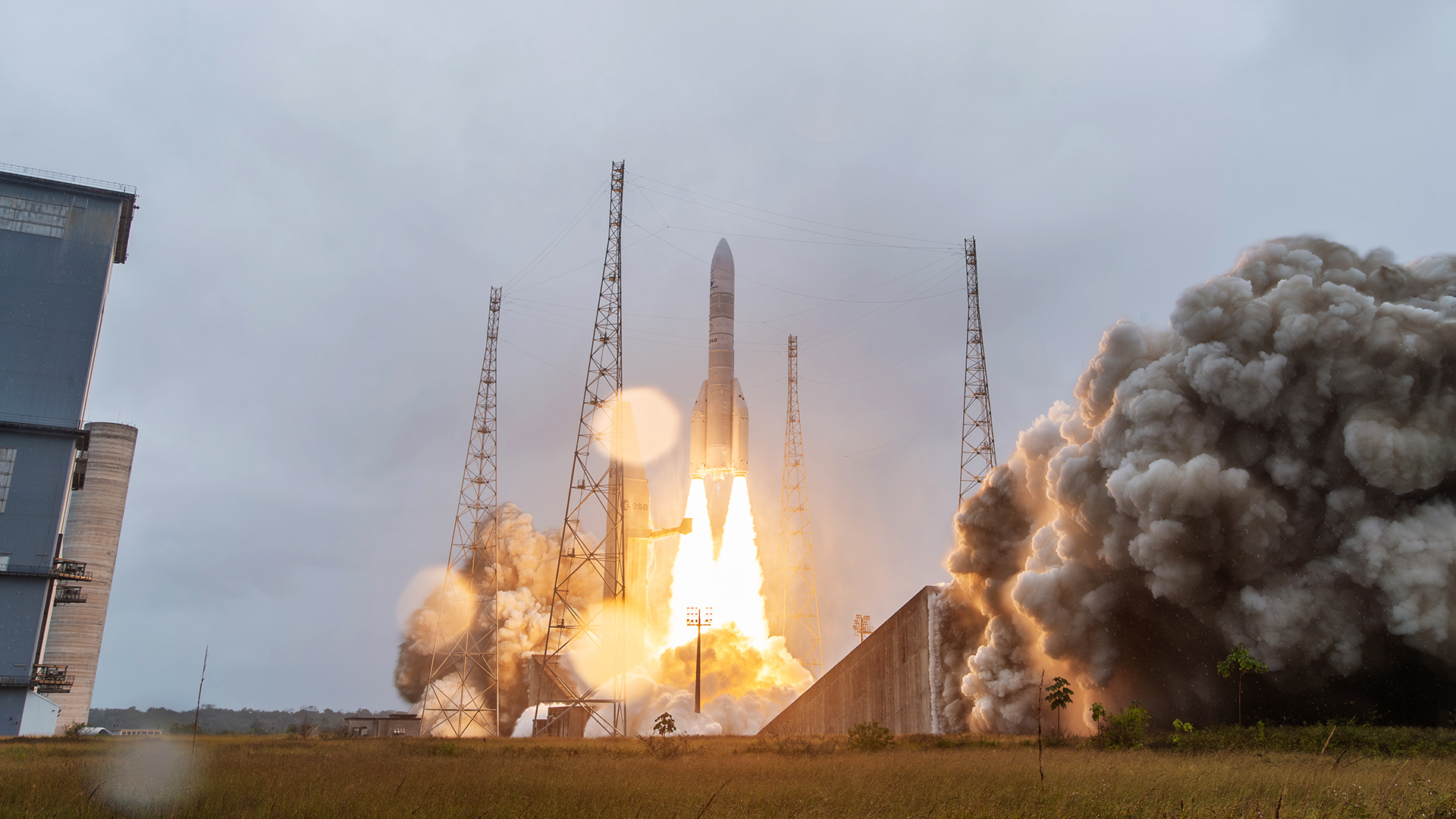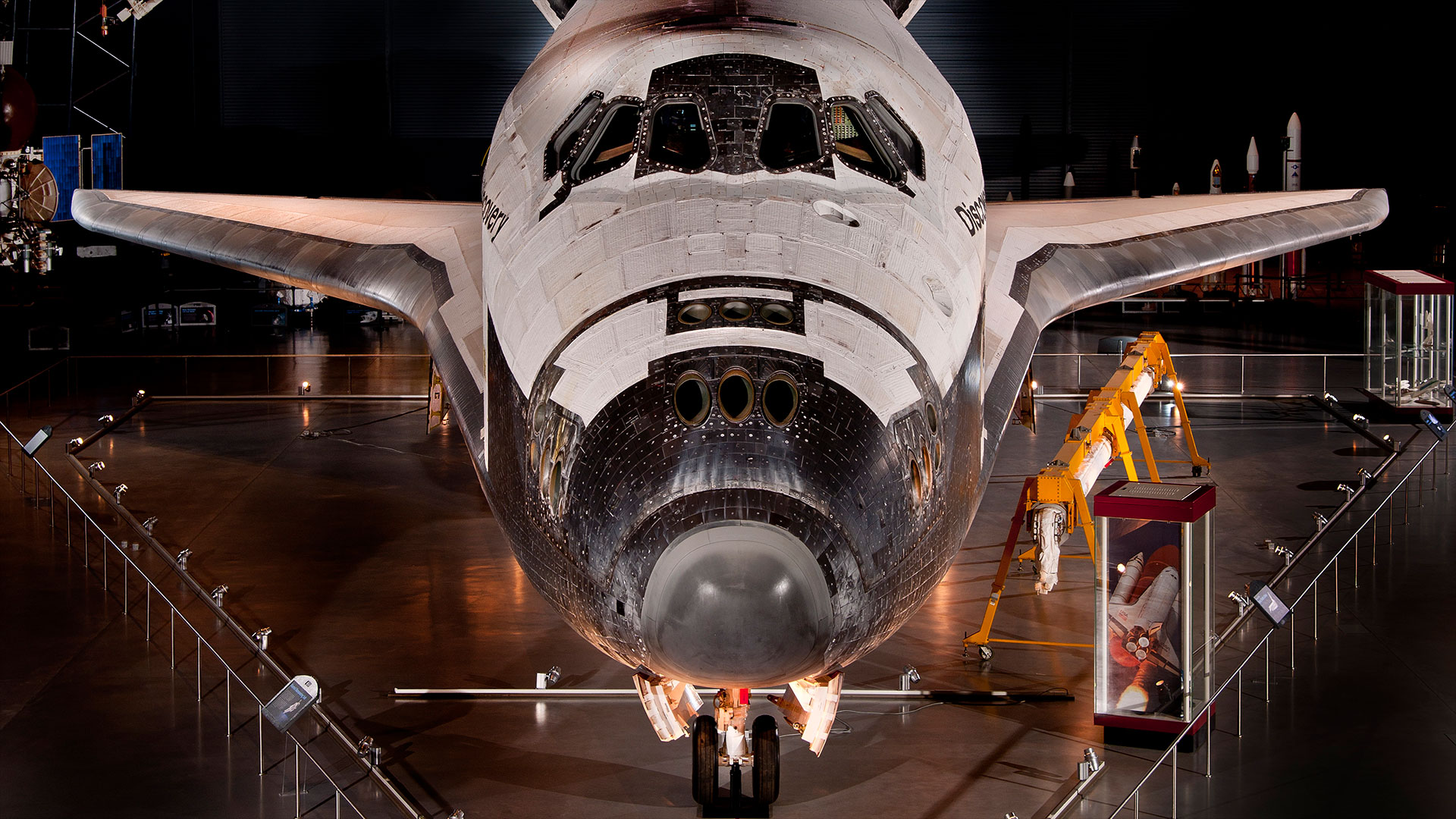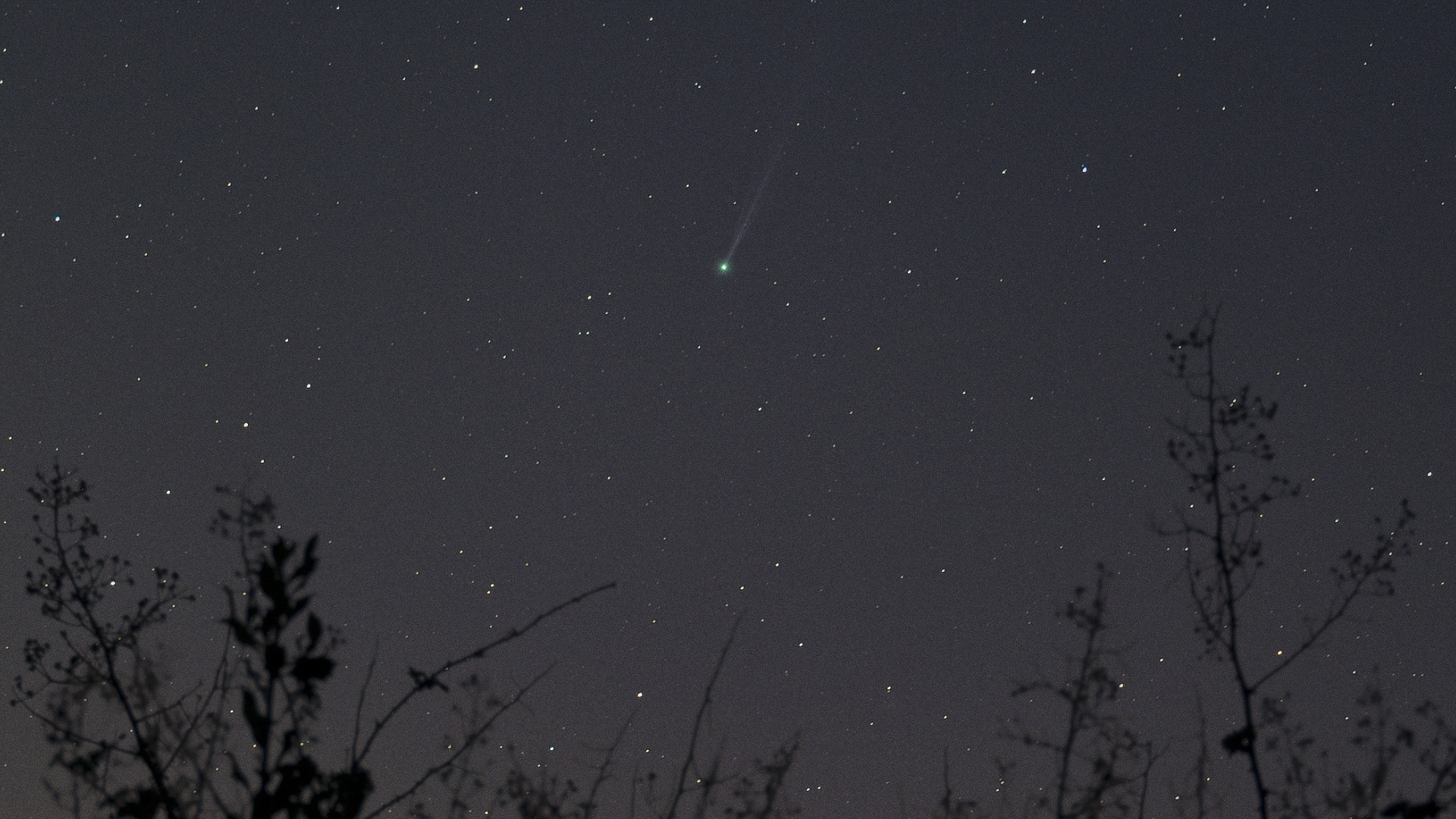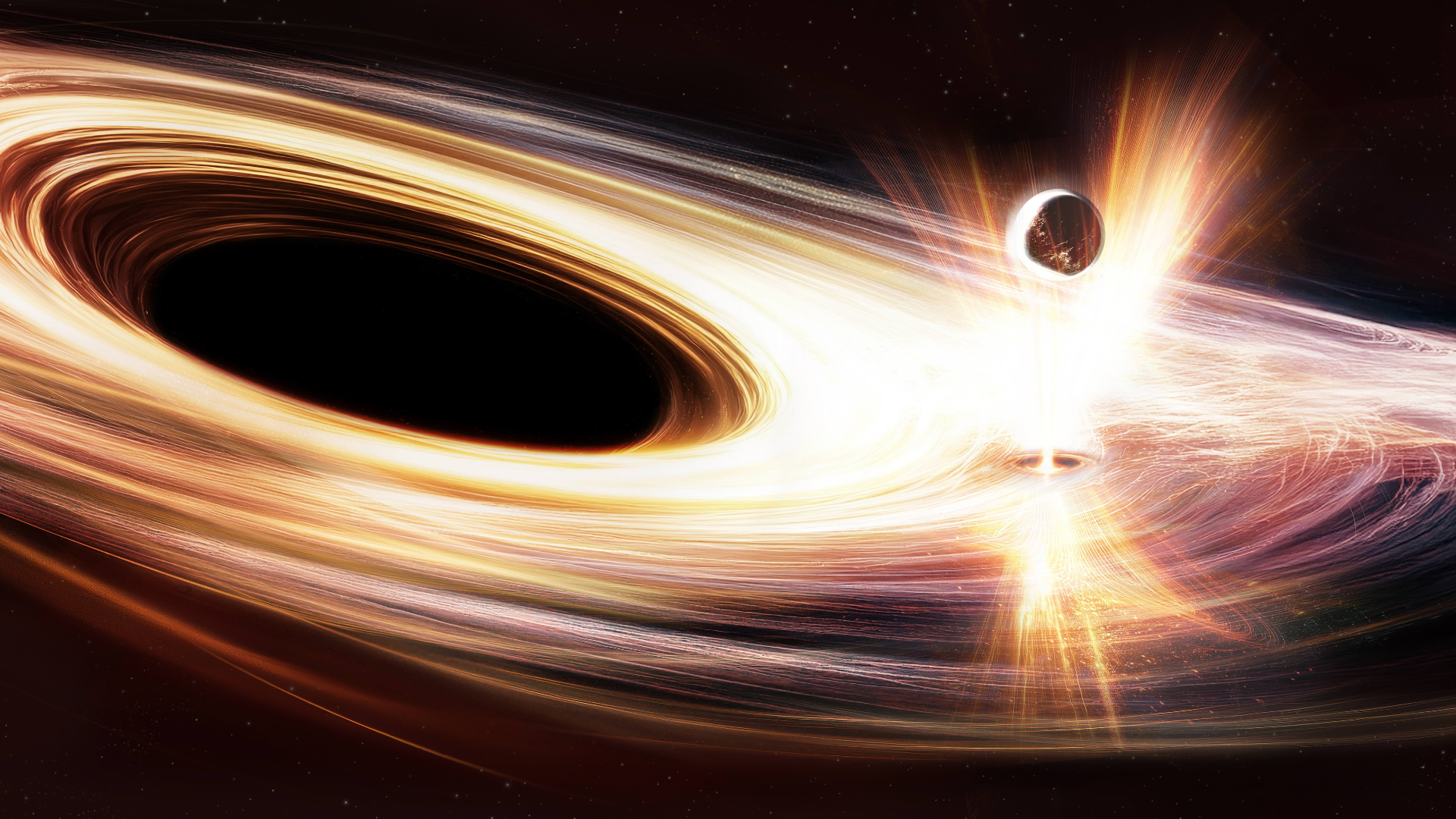How Trump's tariffs could shake up the global space industry
"The tariffs could hurt American companies by prompting foreign customers who would normally buy U.S. products to choose suppliers elsewhere. But perhaps more challenging will be the difficulty of tapping into the U.S. market from the outside."

U.S. tariffs imposed against dozens of countries have sent markets spiraling and brought uncertainty to the global economy. How could these moves impact the space sector as the world reacts?
Space companies of all sizes are assessing changes and planning how to respond. Impacts will not be limited to rising costs, but also potentially include disrupted supply chains and delayed decision making. This affects agencies like NASA and the European Space Agency (ESA), major firms like SpaceX, Boeing and Airbus, and smaller commercial space companies globally.
Caleb Henry, director of research at Quilty Space, told Space.com that the ramifications will be felt broadly, in both the United States and the outside world, in a number of ways.
"Tariffs can impact the industry by raising the cost of spacecraft and antenna parts, and may compel manufacturers to choose different suppliers," Henry said.
"The tariffs could hurt American companies by prompting foreign customers who would normally buy U.S. products to choose suppliers elsewhere. But perhaps more challenging will be the difficulty of tapping into the U.S. market from the outside.
"The U.S. is the world's largest space market, so tariffs will make it less lucrative," Henry said. "It's a lose-lose situation."
Related: How President Trump could change NASA
Get the Space.com Newsletter
Breaking space news, the latest updates on rocket launches, skywatching events and more!
Global supply chains at risk
In addition to this, the space industry and its supply chains are intertwined across borders. Retaliatory moves from countries hit by the U.S. tariffs could compound the damage. Henry notes, for example, that the U.S. Space Development Agency uses antennas from Canada and laser cross-links from Germany.
How companies will be able to respond to and navigate changes brought about by the tariffs will, in part, depend on their size.
"I expect smaller companies will feel the impact of tariffs more acutely. Like with the supply chain crunches during COVID, larger companies have more negotiating strength to get advantageous terms versus smaller companies that will have to bear the brunt of the burden," Henry said.
Long term effects and strategic autonomy
Outside the U.S., there are concerns that, beyond short-term effects, tariffs could trigger deeper, longer-lasting changes to the space economy — and even realign international partnerships.
"In the short term, the application tariffs can be expected to cause supply chain delays, growing production costs and reduction in the overall confidence of private investors," Marco Aliberti, associate manager and lead on international engagement at the European Space Policy Institute (ESPI), told Space.com.
"In the medium-to-long term, it could even be the cause of a possible slowdown in the growth of the global space economy."
There's still uncertainty about how tariffs will be applied and what impact they'll have, Aliberti says. Generally, from a European perspective, tariffs are expected to make European goods and services more expensive in the U.S. European companies may either pass these costs on to U.S. buyers or absorb them to stay competitive, despite already tight profit margins. There could also be more seismic changes on the horizon.
"Core European space companies serving the U.S. market, like Thales Alenia Space, may be eventually invited or induced to relocate to the U.S., should they want to continue to access that market. This is not a far-fetched scenario and poses a systemic risk to the competitiveness and resilience of the entire European space sector," Aliberti cautions.
Another risk for European industry is the potential introduction of counter-tariffs on U.S. products. Since Europe depends heavily on U.S.-made components and materials, this could lead to supply chain disruptions, longer lead times, and higher costs.
Related: New data reveal US space economy's output is shrinking — an economist explains in 3 charts
Europe's strategic crossroads
Beyond this, the tariffs and the approach of the Trump administration toward Europe is leading to intra-European reflection, says Aliberti. This could see movement on two related fronts.
First, Europe is increasingly recognizing the need to develop homegrown capabilities in critical areas like space exploration and key technologies, especially given its lack of a bold program comparable to the U.S. or China. If cooperation with the U.S. declines, greater autonomy will be essential to secure strategic and economic benefits from space.
Additionally, Europe is exploring broader partnerships, Aliberti states, particularly with Japan, South Korea, India and Gulf nations. Europe is even reflecting on increased engagement with China — though a full strategic partnership with China remains unlikely.
"Uncertainties related to the geopolitical disruptions we are experiencing east and west are already affecting the space sector," says Hermann Ludwig Moeller, director of ESPI, who adds that the institute's research documents that the European space industry expects increased investment in developing independent capabilities to enhance Europe's autonomy in space.
Moeller agrees that Europe can be expected to diversify and expand its international partnerships, though he states that transatlantic relations remain a key objective and new opportunities for cooperation need to be explored.
"In essence, the recent developments can be expected to result in Europe leveraging the strength of its people, talent, industries and economy to be a strong partner to the world," says Moeller.
As the tariffs, retaliatory moves and negotiations play out, it seems that the landscape of the space sector is set to change, with possible realignments of partnerships, supply chains and beyond.
Join our Space Forums to keep talking space on the latest missions, night sky and more! And if you have a news tip, correction or comment, let us know at: community@space.com.

Andrew is a freelance space journalist with a focus on reporting on China's rapidly growing space sector. He began writing for Space.com in 2019 and writes for SpaceNews, IEEE Spectrum, National Geographic, Sky & Telescope, New Scientist and others. Andrew first caught the space bug when, as a youngster, he saw Voyager images of other worlds in our solar system for the first time. Away from space, Andrew enjoys trail running in the forests of Finland. You can follow him on Twitter @AJ_FI.
You must confirm your public display name before commenting
Please logout and then login again, you will then be prompted to enter your display name.









